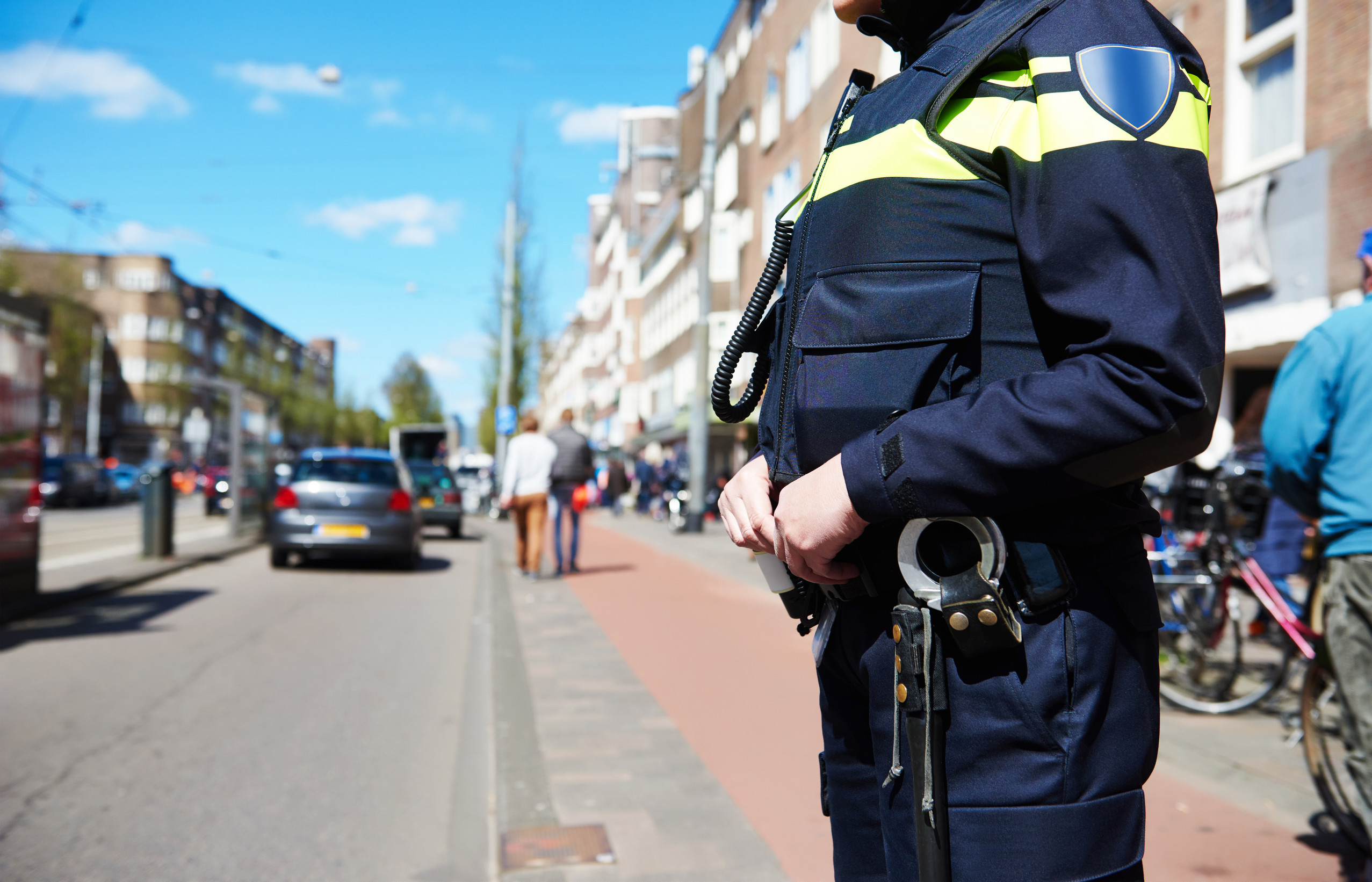
There’s a famous saying: honesty is the best policy. That may be true when talking to a teacher, a boss, or a best friend, but with law enforcement, things get a little more complicated. Police officers are trained to use every word spoken to them, no matter how innocent, in the context of their investigation.
What feels like clearing the air can sometimes end up adding fuel to the fire. Here are eight times where telling the truth to a cop can actually land someone in more trouble than they expected.
1. When You Admit to “Just a Little” Drinking
It may feel safer to admit to having only one or two drinks, but that statement is basically an invitation for more questioning. An officer doesn’t need a full confession to justify a sobriety test. Even if completely under the legal limit, acknowledging alcohol use opens the door to being pulled from the car and subjected to roadside checks. Those few casual words can create probable cause where none existed before. The truth in this case acts like a fast-pass straight into a DUI investigation.
2. When You Confess to Speeding “Just a Bit”
Trying to appear cooperative by saying you were only a little over the speed limit rarely plays out as expected. Instead of sounding honest, it sounds like an admission of guilt. Officers don’t need that confession to issue a ticket—they already have radar guns, pacing, and traffic cameras. But the words themselves can eliminate any chance of disputing the citation later in court. That small truth closes doors that silence would have kept open.
3. When You Share That You Have “Nothing to Hide”
Saying there’s nothing to hide often sparks curiosity rather than trust. Officers may interpret the phrase as suspicious or evasive, even if it’s meant as reassurance. A claim of complete innocence can come across as rehearsed or defensive. This can escalate a simple stop into a full-blown search request. Ironically, the truth that there’s nothing to hide can lead to a situation where every detail of your life is put under a microscope.
4. When You Explain a Prescription Drug Use
Medication may be legal and prescribed, but telling an officer about using certain drugs can trigger complications. Even legitimate prescriptions can raise questions about impairment while driving. Explaining too much could lead to being tested, detained, or accused of misuse. A truthful answer about medication risks being twisted into a suspicion of drugged driving. Silence often avoids turning an ordinary stop into a medical interrogation.
5. When You Admit to Past Mistakes
Bringing up past trouble with the law may feel like demonstrating honesty, but it only raises red flags. Officers do not need reminders of old records that may or may not be relevant. Revealing history voluntarily can make an officer more cautious, more suspicious, and more determined to search for wrongdoing. Even small admissions, like past traffic violations, can increase scrutiny in the moment. Telling the truth about old mistakes is like throwing logs on a fire that wasn’t burning.

6. When You Disclose “Recreational” Use Outside the State
Some states have legalized marijuana, while others treat it very differently. Admitting to use in a state where it’s legal can still spark problems if currently located somewhere less tolerant. Officers may view it as justification to suspect possession or influence in the moment. Even when technically innocent, that honesty can invite further questioning, testing, and searching. The truth about harmless past use can quickly turn into a present-day hassle.
7. When You Answer Questions About Where You’re Going
A casual question like “Where are you headed tonight?” may seem harmless, but it’s loaded. Giving a detailed answer provides more chances for contradictions or suspicion. Even telling the truth can backfire if the officer doesn’t believe the explanation. A vague response, while not illegal, can be safer than an overly specific one. Sharing every detail risks spinning the conversation into an unnecessary interrogation.
8. When You Try to Explain “Why” You Were Nervous
Nerves are natural during a traffic stop, but talking about them makes them worse. Officers often take nervousness as a sign of hiding something. Explaining why—whether it’s fear of tickets, a busy schedule, or past bad experiences—can sound like excuses instead of truth. Each explanation can lead to more probing questions and longer delays. Silence or calm cooperation works better than broadcasting nerves through explanations.
Honesty Isn’t Always the Best Policy
Truth matters, but context matters more when speaking with law enforcement. Officers are not neutral listeners; their job is to look for violations, and even innocent truths can shift a routine stop into an ordeal. Knowing when to remain silent is as important as knowing when to speak. The right to avoid self-incrimination exists for a reason.
What do you think—have you ever seen honesty backfire in a police encounter? Share your thoughts in the comments.
Read More
8 Unexpected Items Police Can Seize From a Deceased Person’s Home
How a $5 Transfer Fee Can Snowball Into a Lawsuit
The post 8 Situations Where Telling the Truth to a Cop Makes It Worse appeared first on Everybody Loves Your Money.







